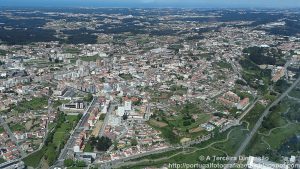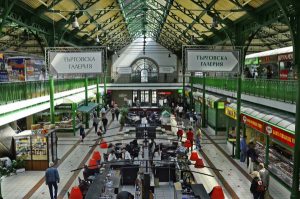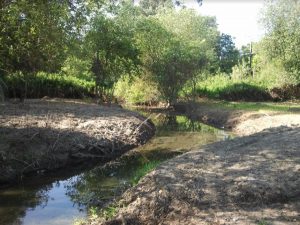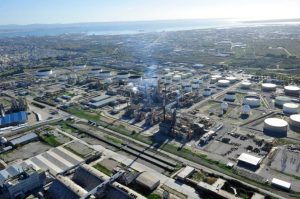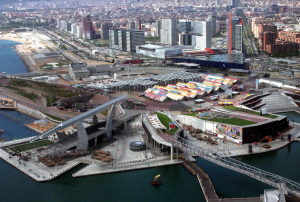The initial pilots have launched!
Five of our pilot test cases have already begun! Click on the location below to find out more about each case study.
How were they chosen?
The pilots were carefully selected to demonstrate the power of citizen science and the ability of the D-NOSES to get results in different settings.
For example, in some cases the pilots focus on different types or odour sources. In Barcelona, the affected area has a long history of odour issues from several waste management facilities concentrated in the area. This has been a growing concern since the municipality tried to revitalise the previously depressed area with new high-level developments and housing. In Thessaloniki, residents are repeatedly exposed to fumes from the nearby refinery, but it was the population that grew around the refinery over the last 50 years. Both these cases show how an accommodation needs to take place as communities and industries develop over time. The balance between industry, economic and social development, city planning, and environmental management is one the we think D-NOSES can help achieve.
Using the sophisticated D-NOSES stakeholder engagement model, the pilot in Sao Joao da Madeira will tackle a persistent odour problem from an animal by-product processing plant. In this case, there have been previous volunteer-based odour mapping projects conducted that unfortunately did not result in any practical improvement of the situation. This pilot should demonstrate that it is not just data that is needed to solve problems, also the positive engagement of all stakeholders is required to find balanced solutions.
But the D-NOSES methods can also be used in other contexts. For example, in Sofia it will help diagnose and explore more cost-effective performance improvements for an already existing municipal program to eliminate odours from food waste around the city. In Porto, the D-NOSES citizen science volunteers will help to track and trace odours that could reveal the sources of pollution in the Rio Tinto river so that they can be stopped and help reverse the environmental damage. Both these pilots demonstrate the flexibility of the approach to deal with a wider range of issues relating to the impact of odour pollution.
Want to take part in a pilot project or have an odour issue in your location you’d like D-NOSES to get involved in? Email us at info@dnoses.eu to get started.
